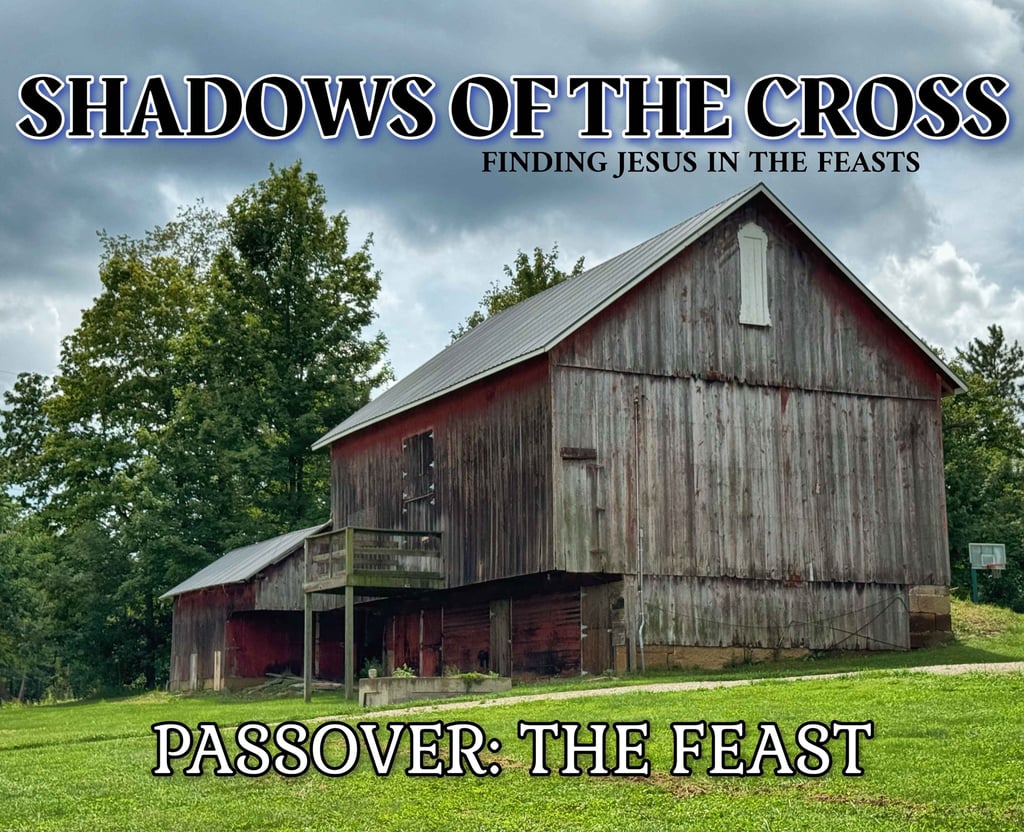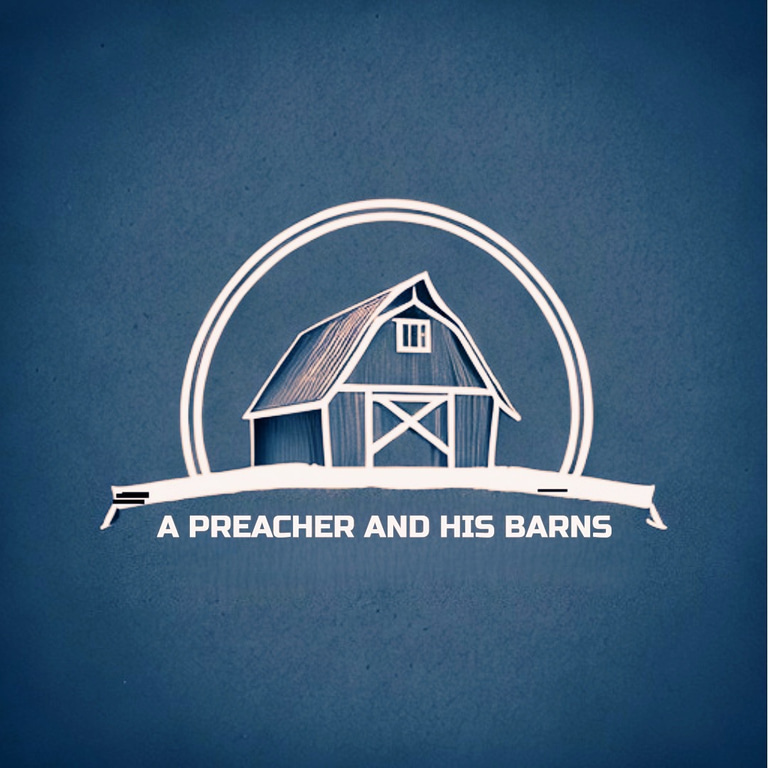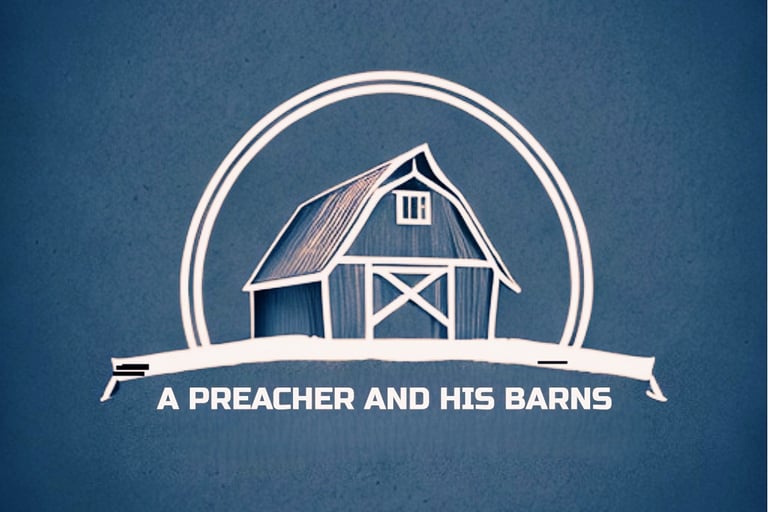The Passover (The Feast)
Every year, Israel remembers this deliverance from slavery. Passover is a time to recall God’s salvation, His steadfast love for His chosen people, and the lamb that was slain for each household.


The Passover (The Feast)
• Biblical Reference: Leviticus 23:5; Exodus 12
• Hebrew Date: 14th day of the first month (Nisan)
• Gregorian Equivalent: March–April
The Passover is the first and most well-known of the seven feasts of the Lord. It is a time to celebrate the great mercy of God and His salvation for His people.
The feast originated when God’s people were enslaved in Egypt. God sent Moses to deliver them from bondage. Though Moses performed many miracles before Pharaoh, the ruler of Egypt stubbornly refused to let Israel go.
As a final demonstration of His power and sovereignty, God announced a last plague: the death of every firstborn in Egypt—slave and master alike.
To be spared from judgment, each household of Israel was commanded to sacrifice a spotless lamb and place its blood on the doorposts and lintel of their home. When the Lord saw the blood, He “passed over” those houses, sparing them from destruction while judgment fell on Egypt.
Every year, Israel remembers this deliverance from slavery. Passover is a time to recall God’s salvation, His steadfast love for His chosen people, and the lamb that was slain for each household.
The depth and meaning of the Passover runs through the very fabric of both Hebrew and Christian faiths. At its heart, the entire feast is a living prophecy of the cross of Christ.
Tomorrow, we will look more closely at how this incredible celebration points us to Jesus in so many ways. For now, take time to read Exodus 12 and reflect on God’s redeeming work.
Exodus 12:13
“The blood shall be a sign for you on the houses where you live; and when I see the blood I will pass over you, and no plague will befall you to destroy you when I strike the land of Egypt.”


